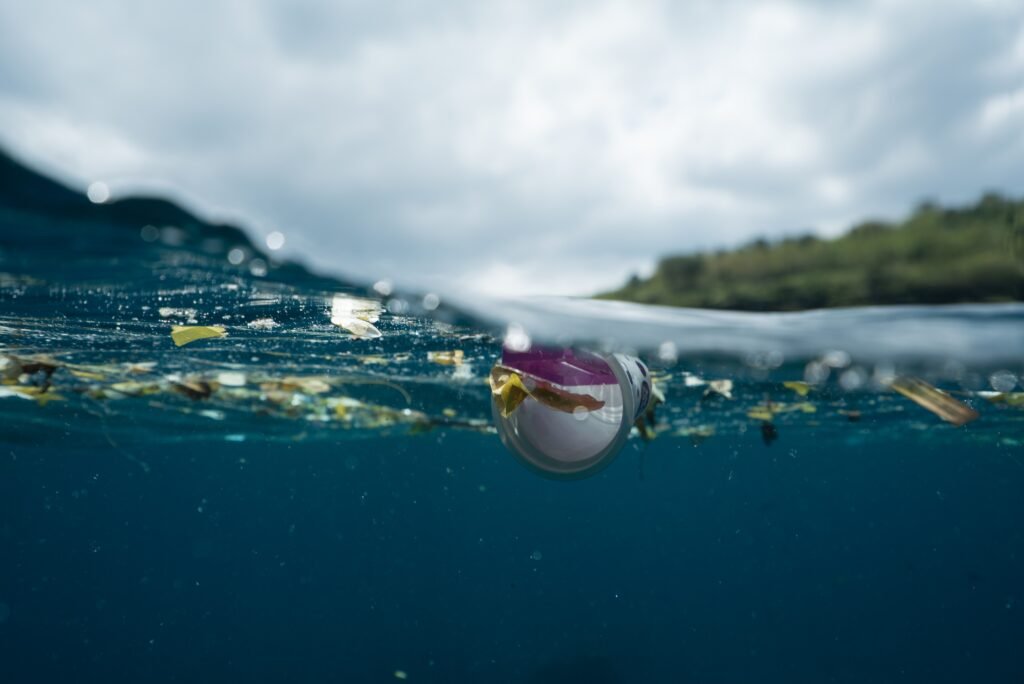WHY JUTE?
In this time where human life is fighting for a sustainable way of living, bio-degradability is the answer to most problems. Daily use products that are from the nature and goes into the nature is justifiable. Jute fiber can be placed as a promising forerunner in the industry of recyclable and biodegradable materials.
Jute mostly grows in high-temperature and humid regions where there is even distribution of rainfall. Weighing a comparison, jute requires less water, less pesticide and almost no fertilizer but has higher yield. With an exception of being sustainable, re-cyclable, jute is said to provide UV-protection also. Furthermore it increases soil fertility for further rotational crops. Jute plants releases oxygen way faster and in higher quantity than other crops. All this attributes are validated by proper research.

PLSTIC POLLUTION AND IT'S ILL EFFECTS

Apropos of the use of plastic, data indicates that approximately 80% of the marine pollution is contributed by plastic debris. About 269,000 tonnes weight of plastic wastes pervades the oceans. This is affecting all organisms along the marine food chain. Soil pollution by plastic pollutants/ exceeds twenty times than that of oceans effecting soil fertility, vegetation quality. Moreover the most dreadful effect is biomagnifications of these pollutants in human body resulting in uncountable number of diseases even cancer.
WASTE MANAGEMENT, THE REAL THREAT
If we go by research, plastic re-cycling demands massive amount of energy and water. It is nearly impossible to cater such resource on a constant basis. Huge expenditure is also a demand in this case. Once dumped, plastic takes nearly hundreds of years to break down, causing prolonged damage. Additionally, plastic production causes excessive carbon emission favouring global warming and other grave environmental damages.

BIODEGRADABILITY AND RECYCLABILITY

Jute bio-degrades within 1-2 years, all by natural and biological process. Furthermore, jute waste however little, can be dumped without the fright of creating more pollutants. It degrades completely without any residual element. Even jute is compostable i.e. jute scrape can be re-used as organic fertilizers for many harvests. Jute pulp can be re-cycled in hand-made papers minimizing desertification. Hand-made paper from jute pulp can be an efficient and cheaper alternative. These hallmarks of jute make it a “wonder crop”.
Jute justifies the three principle R’s in waste management – reduce, reuse, recycle.
Jute reduces pollution. It can be reused as compost and handmade paper. And is recycled into mostly packing bags, decorative items etc.

